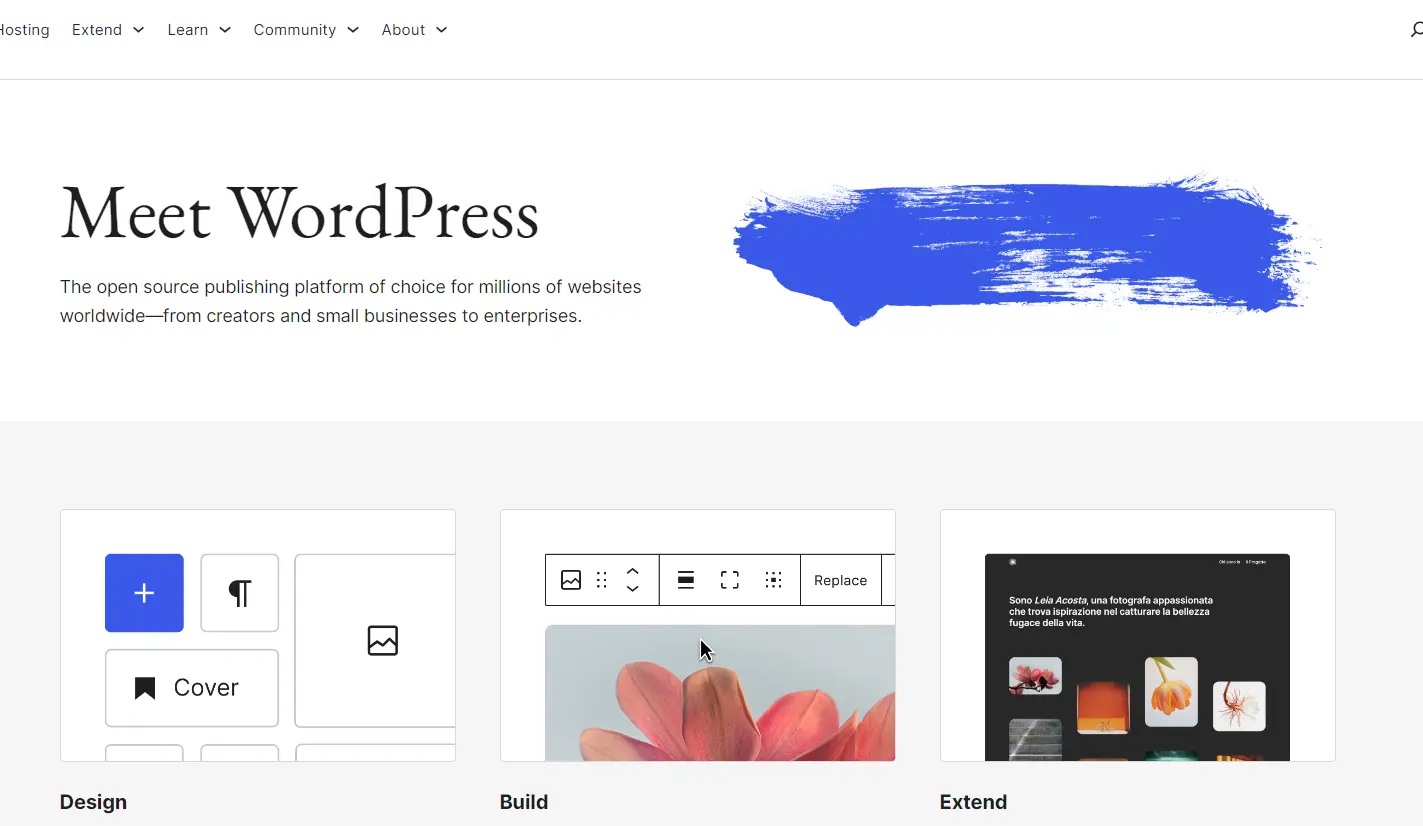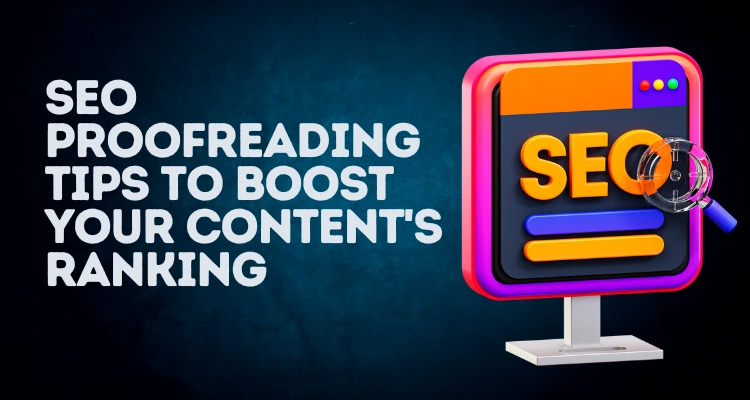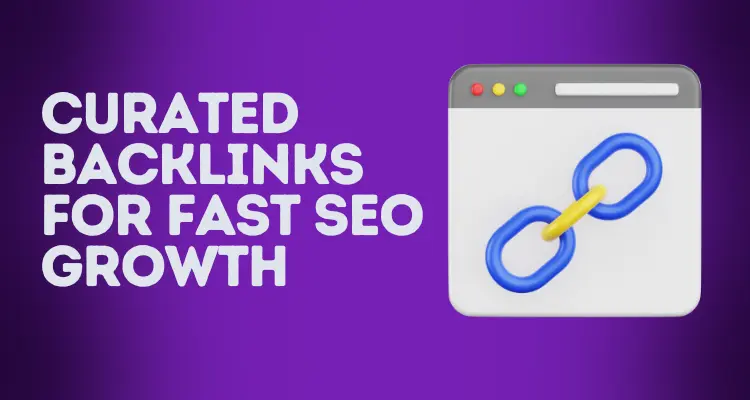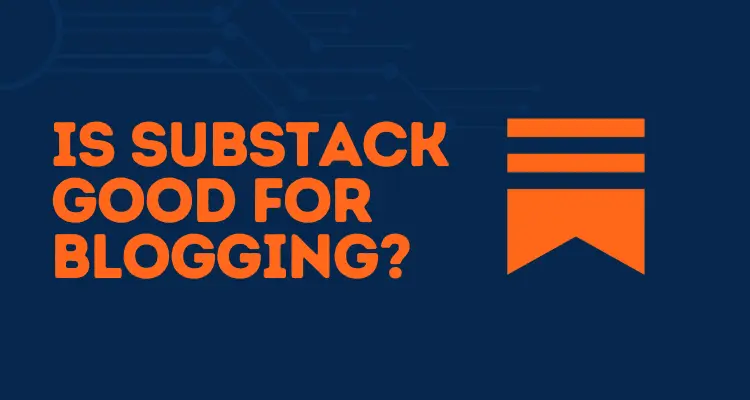How to Choose a Content Management System? I mean how? Let’s answer this.
When it comes to building a website, selecting the right Content Management System (CMS) is crucial. A CMS allows you to create, manage, and modify your website’s content without needing to dive into complex code. However, with so many options available, how do you choose a content management system that fits your needs? This guide will walk you through the top three CMS platforms—WordPress, Drupal, and Joomla!—and help you make an informed decision.
What Is a Content Management System (CMS)?
A CMS is a software application that enables you to create, manage, and modify content on a website without needing to know how to code. Unlike website builders, which are more user-friendly, a CMS offers more flexibility and advanced features, though it may come with a steeper learning curve.
Top CMS Options
There are many CMS platforms available, but the top three are:
- WordPress
- Joomla!
- Drupal
Let’s dive into each one to help you decide which is the best fit for your project.
1. WordPress

WordPress is the most popular CMS, powering over 60 million websites. It’s known for its user-friendly interface, which makes it ideal for beginners. You can quickly set up a blog or website without touching a single line of code. When figuring out how to choose a content management system, you may want to go for WordPress because it offers a vast library of themes and plugins that allow you to customize your site easily.
Advantages:
- Easy to Use: The WordPress dashboard is intuitive, and you can start creating content right away.
- Cost-effective: WordPress is free, and there are many free themes and plugins available.
- SEO-friendly: WordPress comes with several built-in SEO tools that help you optimize your site for search engines.
- Large Community: With millions of users, finding support through forums and tutorials is easy.
Disadvantages:
- Frequent Updates: Regular updates are necessary for security but can sometimes cause compatibility issues with plugins.
- Dependence on Plugins: Many users rely heavily on plugins, which can slow down your site if overused.
- Customization Costs: While many themes are free, customizing them can be expensive if you hire a developer.
2. Joomla!

Joomla! is an open-source CMS designed for developers who have some coding experience. When figuring out how to choose a content management system, Joomla may be ideal due to the fact that it is more complex than WordPress but is easier to use than Drupal. Joomla! is ideal for building e-commerce sites and social networks.
Advantages:
- Flexible: Joomla! provides more advanced options for developers who need to create unique, professional websites.
- Good Security: Joomla! offers robust security features, such as SSL compatibility and Captcha.
- Strong Navigation Management: The dashboard is straightforward, making it easier to manage your site’s navigation.
Disadvantages:
- Steeper Learning Curve: Joomla! is not as beginner-friendly as WordPress.
- Paid Plugins: Some Joomla! plugins require payment, unlike WordPress where many are free.
- Smaller Community: With fewer users than WordPress, finding support can be more challenging.
3. Drupal

Drupal is the most powerful and complex of the three. When figuring out how to choose a content management system, drupal may peal to you if you are a developer who needs advanced features and is comfortable with coding. Drupal excels in managing large amounts of data and creating intricate websites.
Advantages:
- Highly Customizable: Drupal is perfect for building complex websites with custom content types and data structures.
- Robust Performance: Drupal handles large websites and high traffic with ease.
- Extensive Functionality: With thousands of modules available, you can add almost any feature to your website.
Disadvantages:
- Complex Setup: Installing and configuring Drupal can be challenging for beginners.
- Steep Learning Curve: Drupal’s interface is not user-friendly, and it requires a good understanding of coding.
- Regular Maintenance: Drupal sites often require more maintenance than those built with other CMS platforms.
Recommended: Best Blogging Platform To Make Money: Top 15 Choices
How to Choose the Right Content Management System
Now that you have a better understanding of each CMS, how do you choose the right one? Here are some factors to consider:
- Your Skill Level: If you’re a beginner, WordPress is likely the best choice. If you have some coding experience, Joomla! could be a good fit. If you’re a developer looking for maximum customization, Drupal is the way to go.
- Type of Website: For blogs or small websites, WordPress is ideal. For e-commerce or social networking sites, consider Joomla!. Drupal is your best option for large, complex sites with lots of data.
- Community Support: WordPress has the largest community, which means you can find help easily. Joomla! and Drupal also have active communities, but they’re smaller.
- Customization Needs: Drupal offers the most flexibility if you need a highly customizable site. WordPress also allows for customization, but Joomla! falls somewhere in between.
- Budget: WordPress is the most cost-effective option, especially with its many free themes and plugins. Joomla! may require some paid plugins, while Drupal could involve higher costs due to its complexity.
How to Choose a Content Management System – Final Thoughts
Choosing the right CMS is crucial to your website’s success. WordPress, Joomla!, and Drupal each have their strengths and weaknesses. Consider your needs, skill level, and the type of website you want to build when making your decision.
If you’re still unsure about how to choose a content management system, start with WordPress to get a feel for it. As you become more comfortable, you can explore other options like Joomla! or Drupal.
What’s your experience with these CMS platforms? Do you have any tips or questions? Leave a comment below and let’s discuss!







Hey Yudee,
Amazing review of the top CMS out on the market today. I really appreciated your insight and the pro’s and con’s was a great touch. Thanks for writing such an awesome post.
Do you think WordPress achieves the same results as Joomla as far as traffic is concerned? Just your personal opinion?
Thanks,
Jeff G
traffic here depends on the user
Hey Yudee! Very informative article, thanks for clarifying the difference between a site builder and a content management system, I have a blog and I’m using wordpress as my CMS, I didn’t know about the others you mentioned but it seems very worth it to give them a try, I will check them out in my next webistes for sure, thanks for sharing.
You are welcome
Thank you for reviewing the top three CMS options that I can choose from. Thank you also for explaining what CMS is really all about.
After reading your review I think I will go for the WordPress option. I don’t particularly want to go into the coding aspect of website building. So I think this one is for me. So thank you again.
Thank you so much for sharing this insight. I’m a WordPress user myself. I notice that it seems to be much more popular (by far) than the other two choices. Why do you think that is?
WordPress seems to be very simple to use. I’ve never used the other two and so would be interested to hear your thoughts.
WordPress plugins contributed to their popularity
Thank yudee for offering some insight into CMS. I agree with you about the three widely used cms systems – WordPress, Joomla and Drupal. I love content management systems as they make it very simple for any one willing to learn to build their own sites and blogs without requiring any expertise in web development. Word press is my favorite as it offers blog rolls for comments . Thanks Yudee for sharing.
Yudee, what a fantastic job you did with reviewing the differences between WordPress, Joomla and Drupal. I have done websites in the past where I did all the code myself. I really like now to just input my post information and get a visual as I am doing this. After reading all three, I feel pretty confident that WordPress is the one for me. I do have the technical level to work with the other two, but I like the ease of WP as well as all the plugins that come with it. No wonder they have the most customers.
Exactly
Great information. Many people do not understand the complexities of websites and how to build them and how they work. But you did a great job of breaking it down and making it more clear to me.
Learning how to use these more advanced tools can create great opportunities. to be creative and also to save money that you don ‘t have to pay others to do what you have learned to do.
That is right